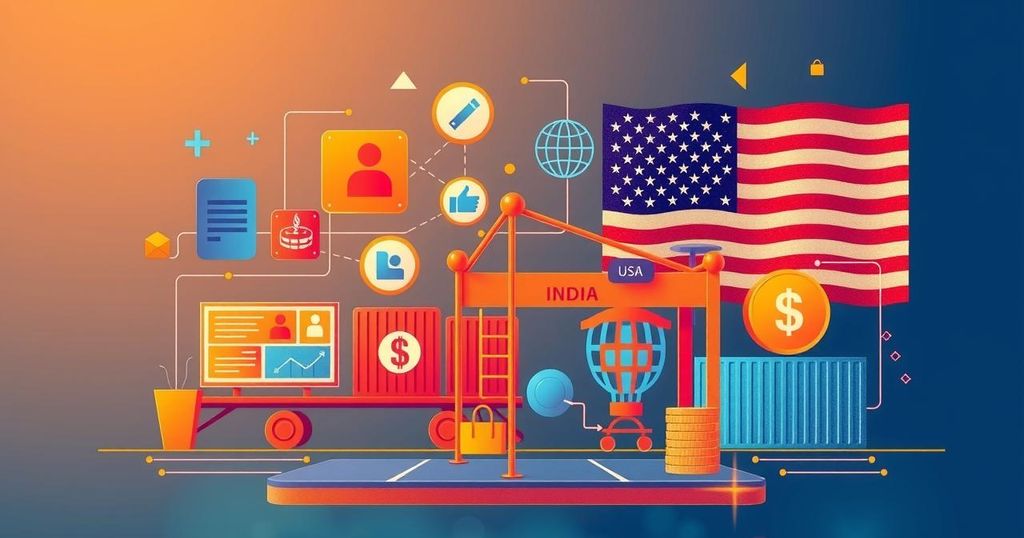Robotics, defined as the engineering behind intelligent machines, offers vast potential for transforming Nigeria across multiple sectors such as manufacturing, agriculture, healthcare, and education. Notable innovations include MekaMon, a gaming robot designed to boost STEM interest, and the establishment of an institute for robotics studies. While challenges exist, strategic cultivation of local talent and infrastructure is essential for harnessing the benefits of robotics in the country.
Robotics, a field defined by TechTarget as the engineering and computer science involved in creating robots, aims to produce machines that assist humans across various activities. The concept originated from science fiction, notably in Isaac Asimov’s 1950 work, “I, Robot,” which posited key operational principles for robots regarding human safety and obedience, shaping the early developments in robotics.
Modern robotics involves assembling machines through computer programming, algorithms, control systems, sensors, and automation. This technology has found applications across numerous sectors, including manufacturing, home automation, military, aerospace, and medical fields, leading to enhanced efficiency in repetitive tasks. For instance, manufacturers utilize robotic arms in warehouses, while home robots manage energy and security needs.
A recent highlight in the field includes the introduction of MekaMon, an innovative gaming robot by Silas Adekunle and Eniola Edun from Awarri, designed to engage youth in STEM education. MekaMon combines robotics with augmented reality to enrich gaming experiences. Furthermore, a partnership with Nigeria’s Minister of Information seeks to integrate this technology into schools to promote computer science education.
The potential benefits of robotics extend to agriculture, healthcare, and education, as detailed by tech expert Ndubuisi Ubani. AI-driven innovations could optimize crop yields, enhance disease diagnostics, and personalize learning experiences. Ubani asserts that employing robotics and AI may lead to economic growth and improved living standards for Nigerians, stressing the importance of training and ethical considerations.
Prof. Bart Nnaji announced plans for an institute dedicated to robotics and AI research in Nigeria, emphasizing its importance for national advancement. However, numerous challenges hinder progress, including limited educational resources and the need for local adoption of robotics solutions. Dr. Olusola Ayoola highlights that innovation requires reliance on local talent and infrastructure to cultivate robotics skills within the workforce. Addressing these issues is vital to realize the full potential of robotics in Nigeria.
In summary, the field of robotics presents numerous opportunities for advancing Nigeria’s future, with significant contributions possible in various sectors including agriculture, healthcare, and education. The collaboration between industry leaders and educational institutions is crucial for fostering local expertise and infrastructures. Despite existing challenges, proactive approaches in training and support will enable Nigeria to leverage robotics technology for economic growth and improved quality of life.
Original Source: punchng.com




